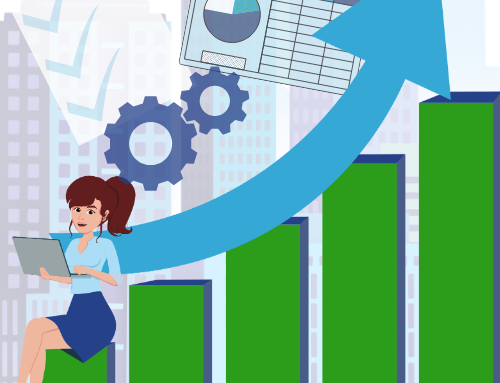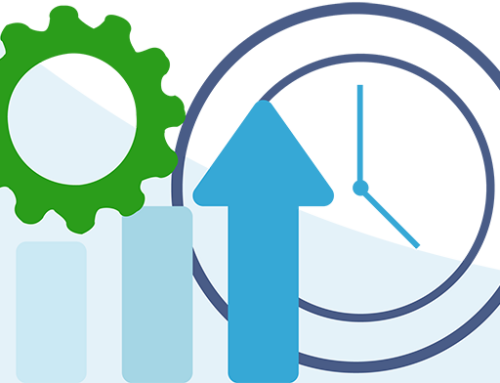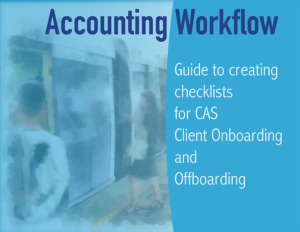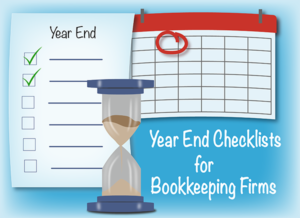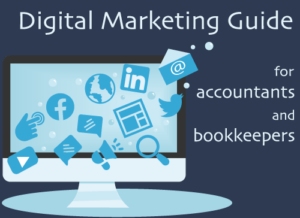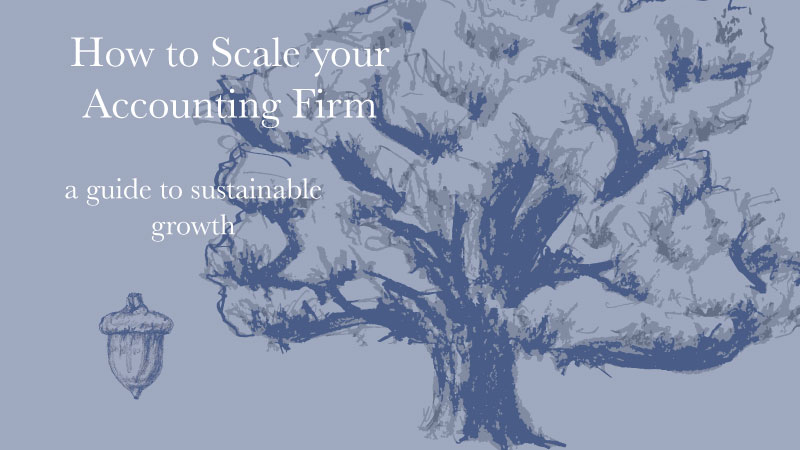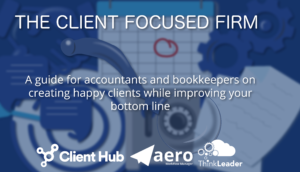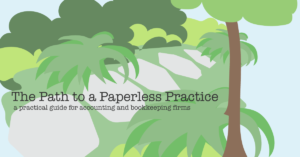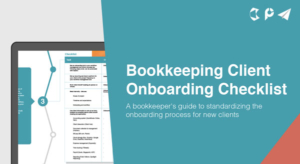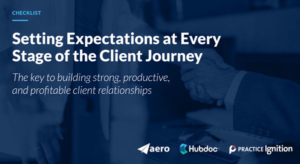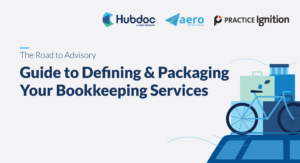As an accountant, I’m as reluctant as many of my colleagues to change processes that are working and adopt new software. But here’s why I switched my firm from Quickbooks desktop software to QuickBooks Online several years ago, and why I think more firms should.
Presented in no particular order – because like my children, they are all my favorite.
Absence of Software/Hardware/OS compatibility issues
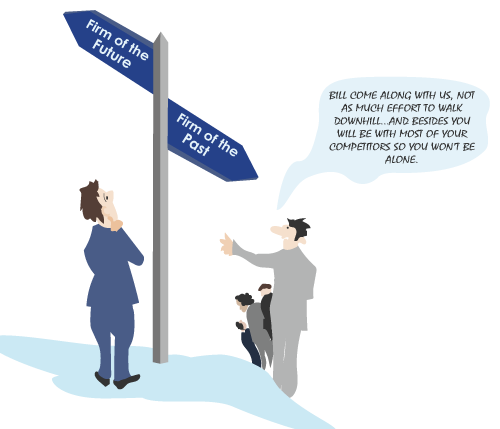 Using cloud-based software like QuickBooks Online means that I no longer have to worry about not being able to open older versions of software with a new operating system, or that upgrading Microsoft Office will mean I can’t open Excel spreadsheets from QuickBooks Desktop. Or that upgrading a QuickBooks file means that I have to update the third party apps I use with it.
Using cloud-based software like QuickBooks Online means that I no longer have to worry about not being able to open older versions of software with a new operating system, or that upgrading Microsoft Office will mean I can’t open Excel spreadsheets from QuickBooks Desktop. Or that upgrading a QuickBooks file means that I have to update the third party apps I use with it.
Adequate
As a provider of professional services, the limitations of QuickBooks Online on inventory functionality don’t affect me. The job costing in QuickBooks Online is also much more robust than it is given credit for, and combined with the job costing information in Aero gives me great information. Yes, the software isn’t as powerful as QuickBooks Enterprise. But I don’t need those features for my firm.
Anywhere Access
I can log into QuickBooks Online anywhere in the world. With the QuickBooks App for mobile devices, I don’t even have to have a laptop. I can also hire anyone in the world, and they can log into my firm’s books if I choose, without adding an expensive user to a cloud-hosted system.
Apps
Actually, this may be my favorite. I can add an endless number of third-party apps from Apps.com and they all sync, magically, and without installing extra Windows programs that need to be manually synced and updated. Some of the ones I use for my own firm (besides Aero, of course!) are Bill.com, Expensify, Method:CRM, and LivePlan.
Automation
QuickBooks Online is becoming increasingly automated and is a great example of how artificial intelligence is making our lives easier. Below are a couple of examples that really streamline the bookkeeping at our firm, and (why I don’t actually need employees to help with My Books in QuickBooks Online.)
- Automated Sales Receipts that automatically deduct my clients’ monthly fees from their bank accounts. Setting these up as recurring templates in QuickBooks Online means the Sales Receipt is created, emailed to the client, their bank account is charged, a deposit is created in QBO, the money appears in my account, and the deposit is automatically matched to the deposit in the Bank Feed. Yes, some of those features are available in the desktop version of QuickBooks, but they aren’t as automatic or connected as in QuickBooks Online.
- Bank Feeds – using rules and having the transactions automatically added to QuickBooks Online combined with the fact that the bank and credit card accounts are automatically updated every night, means that I spend much less time processing bank feeds and reconciling than I did in the desktop version.
Using QuickBooks Online makes me feel like I’ve future-proofed my firm. SaaS is the way all applications will be delivered soon, and I like knowing I got on the train early. I want to be going up the hill!
Bonus reason – Free to accounting firms! Accountants know the value of money.
Ready to make the move? Read Victoria’s advice on how to proceed.

